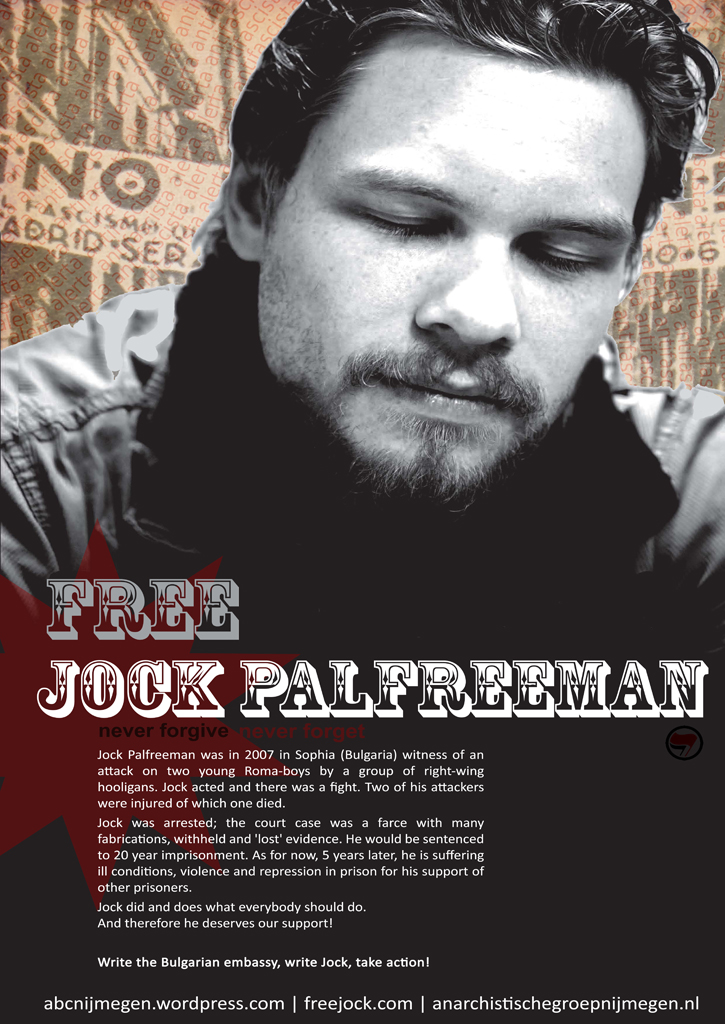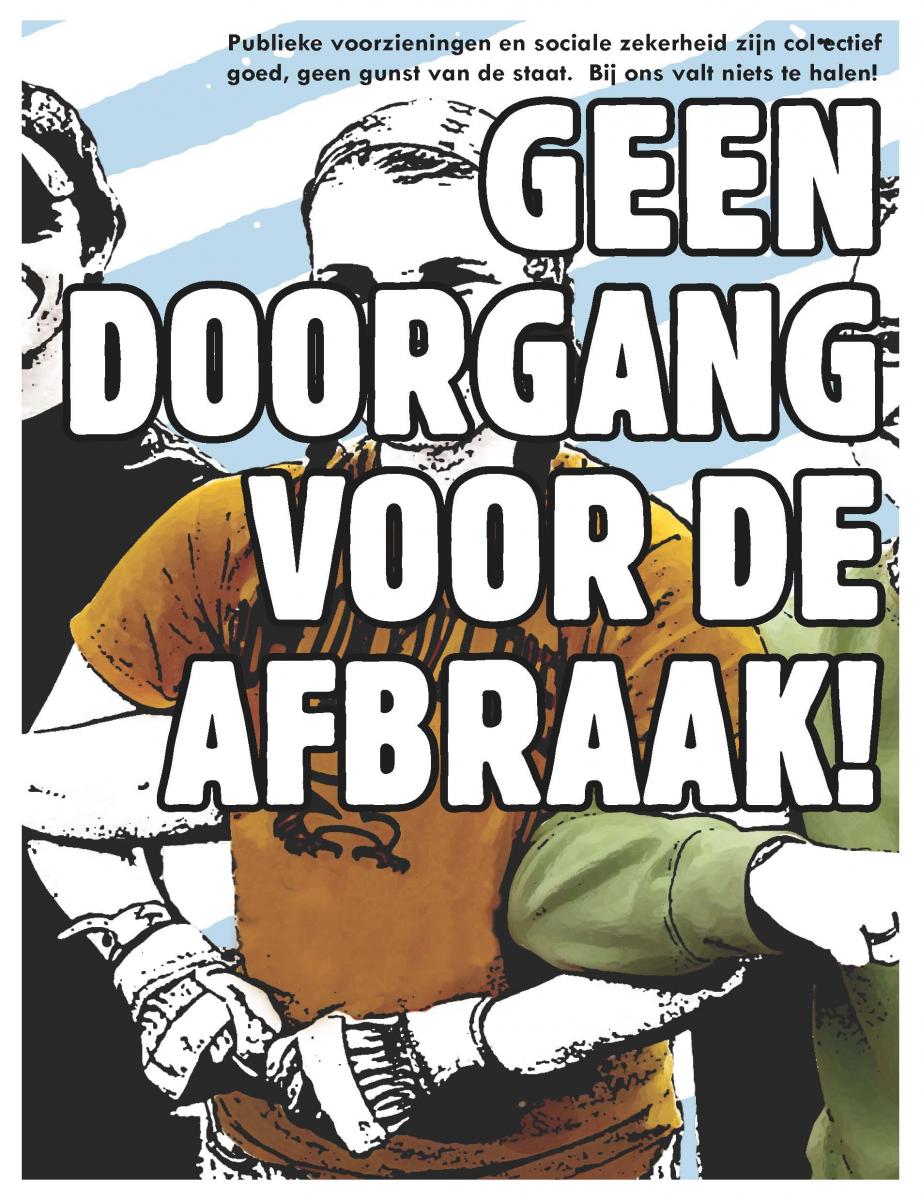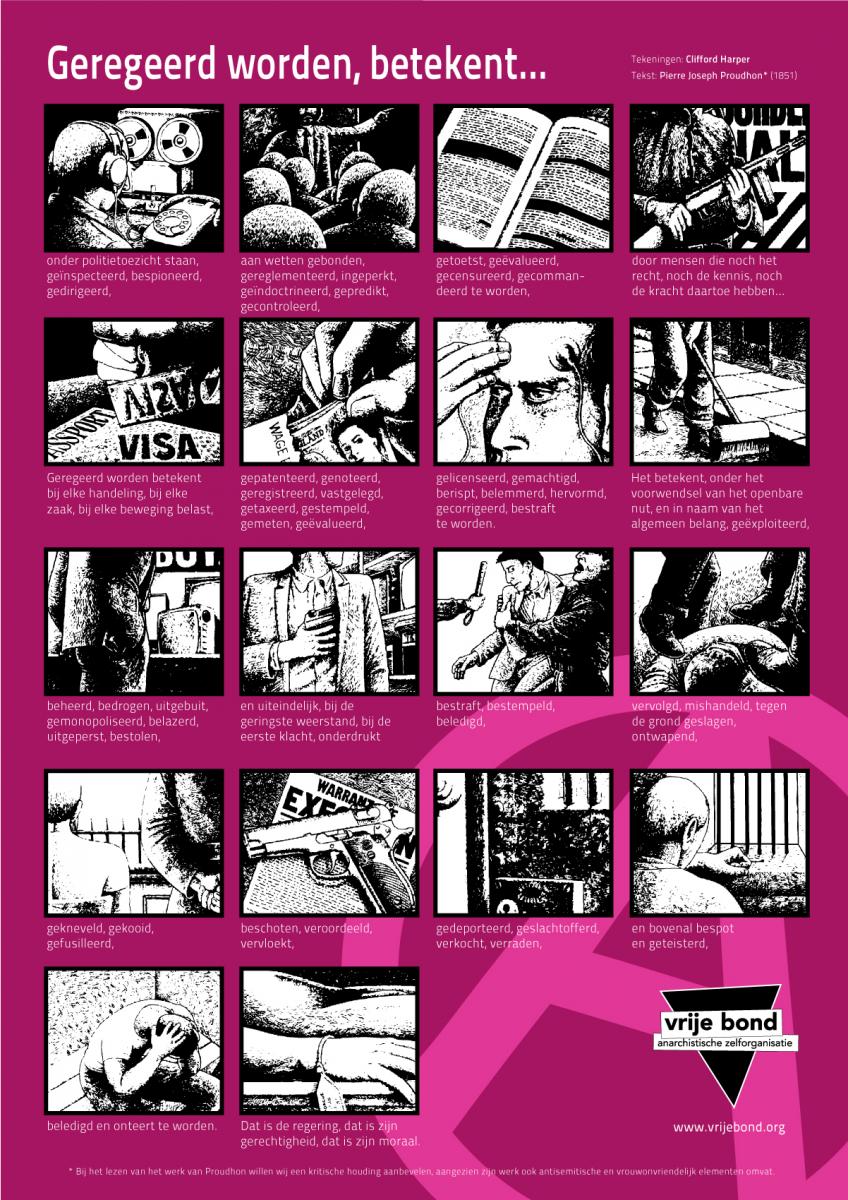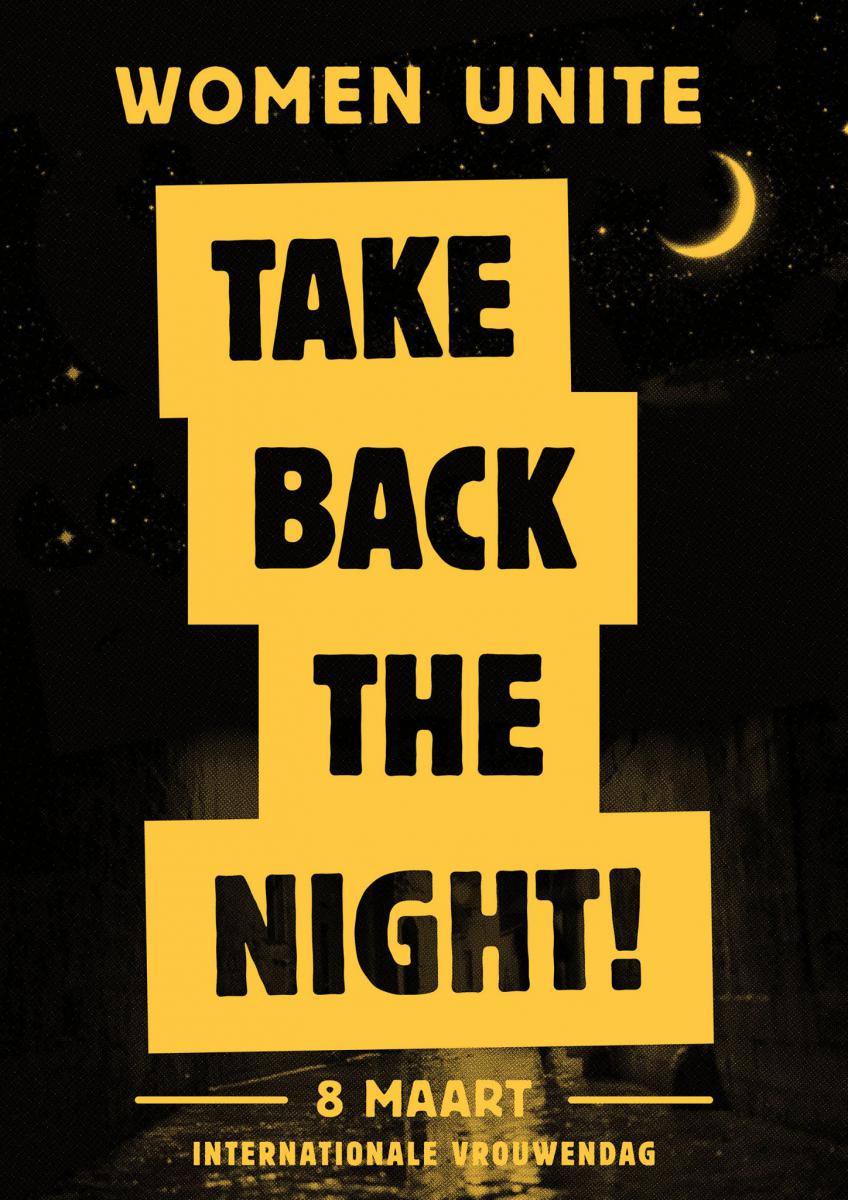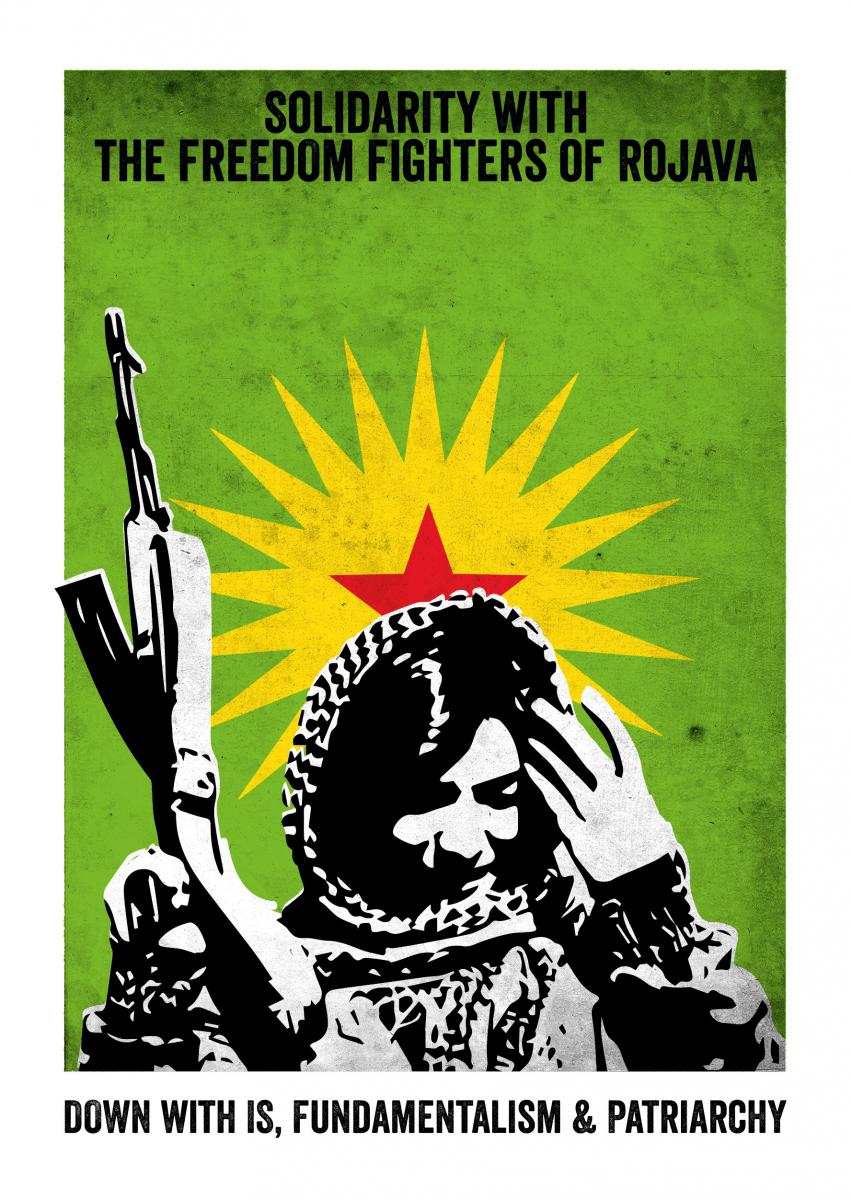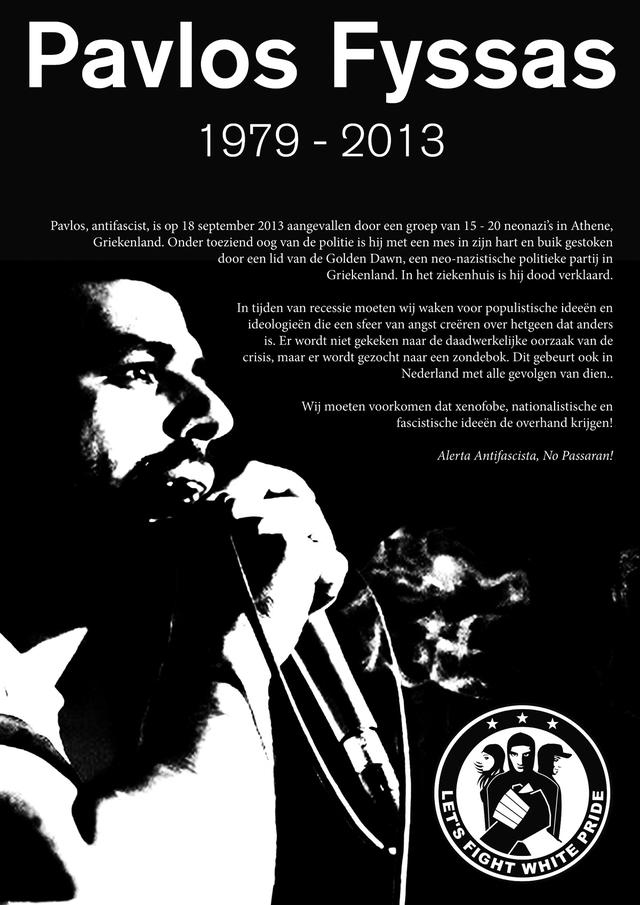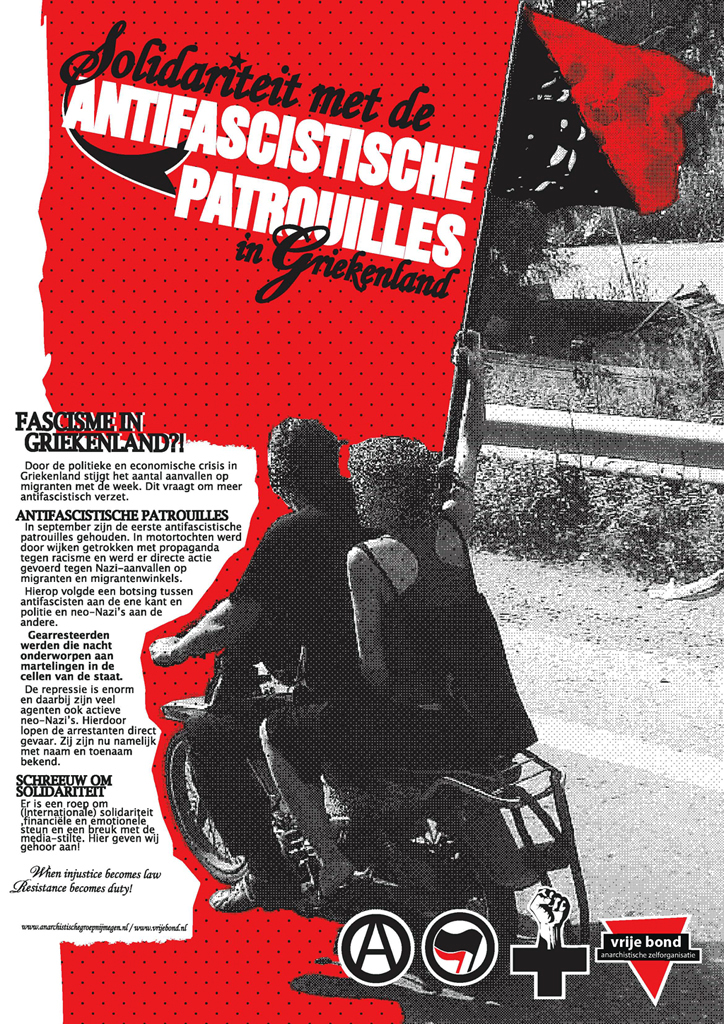Programma Anna's FilmFest
FernGully: The last rainforest (NL)
We start the filmfest off with a movie suitable for children (and non-children) about a world, in which anarchist principles determine social life. FernGully tells the story about a fairy living in the rainforest and befriending one of the “evil” humans, who destroy the rainforest. Stimulating knowledge and affection for an alternative interaction with nature and our surroundings, the 1992 Australian-American animated musical fantasy film also received some valuable critique:
“Despite the environmental theme Booker stated the film was ‘somewhat vague in its explanation of the dire consequences of rainforest destruction and it addresses the economic impetus behind this destruction hardly at all’; the fact that the rainforest was saved at the end of the film ‘diminishes the urgency of its environmentalist message’ and that the character of Hexxus ‘displaces the real blame for environmental destruction from its real perpetrators onto nonexistent supernatural perpetrators, further diluting the political message.’” (Wikipedia)
Shamans of the global village (ENG)
In a world controlled by pharmaceutical corporations stealing indigenous knowledge and preventing the non-patented use of herbs and healing methods, some people are trying to educate about the topic and preserve indigenous medicines and shamanic rituals. Living in the global village, which disembodies and alienates us from ourselves and our connection with the surroundings, we might be in need of healers, just like the ones indigenous tribes have been trusting for centuries. How do we make sure these practices are preserved without re- appropriating them? Is that possible?
Anarcha-Feminism
Showing three films from around the world in this block, we want to draw your attention to the intersection of anarchism and feminism. The first two films show examples of anarcha-feminist organizing in Mexico and Bolivia. The third film is a TED-talk concerning the topic of feminism in Nigeria. All three critically analyse the feminist movement within the radical left.
Sara Sakine Cansiz - “My whole life was a struggle” (KURDISH, ENG and NL subtitles)
This film summarizes the 55 years of struggle of one of the PKK co-founders in the Kurdish armed movement. She was killed in Paris in January 2013.
“The script of the documentary was written again by women on the basis of Sakine Cansız’s diaries and three-volume book “My whole life was a struggle”. The documentary also involves interviews with over 70 people who witnessed Cansız’s childhood, youth and years of imprisonment as well as her struggle in the mountain, Middle East and Europe.” (kurdishinfo.com)
Black Lives Matter (NL and partially ENG, NL subtitles)
This documentary interviews Patrisse Cullors, one of the founders of the Black Lives Matter movement. This grassroots movement fights against ethnic profiling, violence against black civilians and police violence. The use of social media and the videotaping of abuse by police officers have finally drawn visible attention to the problem. Patrisse, artist and freedom fighter, identifies as feminist and gender-queer, and therefore managed to bring all these aspects together in her fight against anti-black racism.
Short films (different languages, ENG or NL subtitles)
The short film stream consists of 5 films, which all shed a different light on ways of speaking up – spoken word, news feed, strolling around, organizing, and solidarity. The films speak for themselves, so be surprised and inspired ;D
Dive! (ENG)
Becoming active against the system is pivotal in bringing about the revolution. Taking action entails finding alternative sources for everyday life resources – dumpster diving is one of them. Dumpster diving describes the act of searching trash cans behind supermarkets for eatable food. The restrictions towards dumpster diving have been harshened by the state, eagerly pursuing close collaboration with the food industry. In order to maintain the “consumerism” and waste culture, dumpster diving has not only been illegalized, but almost made impossible. The thrown away (mostly intact and eatable) food is conceptualized to remain the property of the super market until turned into the property of the state (through being handled as garbage). A vast amount of dumpsters (worldwide!) are now made unreachable for the public and are locked. Securing the profits of big corporations stands in the foreground and wasting eatable resources is a big part of this profit. The culture of dumpster diving is one way to reclaim the resources, which have be expropriated from us by nation states and corporations. Get ready to dive into the next dumpster!
P.S. trigger warning: this documentary contains conservative gender roles, privilege and meat-consumerism!!!



